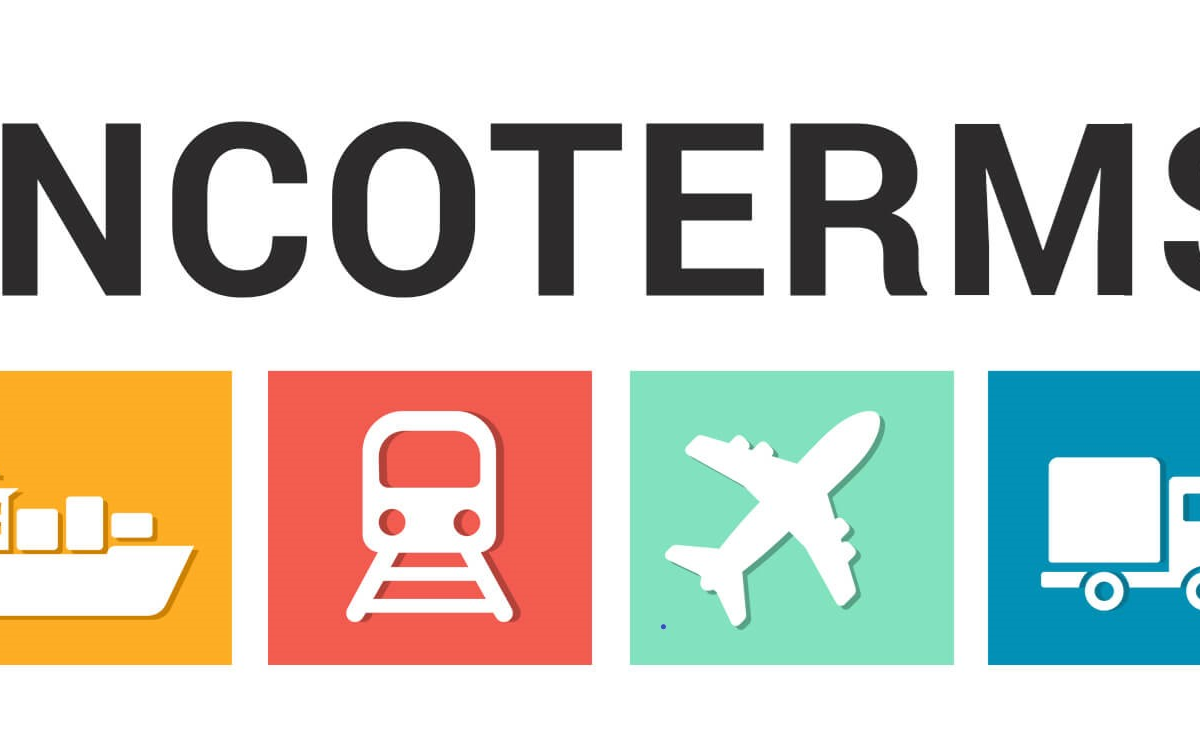This article is written by Austin Garcia
As hurricane season peaks now in September, experts are urging ocean shippers to brace themselves for potential hazards and disruptions. The shipping industry has faced numerous challenges due to extreme weather events, such as hurricanes, typhoons, severe storms, and flooding. These natural disasters can cause significant delays, cargo damage, and increased operational costs.
The COVID-19 pandemic has further highlighted the impact of global health crises on shipping operations. Port closures, labor shortages, and delays have become all too common, adding another layer of complexity to an already challenging industry. Geopolitical tensions and attacks on shipping routes pose significant risks, while cyberattacks on shipping companies and port infrastructure can lead to data breaches, operational disruptions, and financial losses.
Given these challenges, comprehensive contingency planning is essential for ocean shippers. This includes conducting thorough risk assessments, developing alternative shipping routes, and establishing clear communication channels with stakeholders. Preparing for worst-case scenarios with detailed emergency response plans and reviewing and updating insurance policies to cover potential weather-related damages and losses are also crucial steps.
Failure to prepare for these disruptions can lead to severe consequences, such as dissatisfied customers, lost revenue, damaged reputations, strikes, and substantial financial burdens. Investing in contingency planning can mitigate these risks and ensure the resilience of ocean shippers’ operations.
In addition to these challenges, technological advancements and automation in the shipping industry bring their own set of risks. While these innovations can enhance efficiency, they also increase vulnerability to cyber threats. Therefore, investing in robust cybersecurity measures is crucial to protect against potential disruptions.
Moreover, environmental regulations and sustainability initiatives are becoming increasingly stringent. Compliance with international regulations, such as the International Maritime Organization’s (IMO) sulfur cap, requires significant investments in cleaner technologies. By proactively adopting sustainable practices, shipping companies can avoid penalties and contribute to global efforts to reduce carbon emissions.
Here at TradeFlex, we provide business model analysis, manufacturing management strategies, duty tariff optimization , compliance management, regulatory consultation, duty reduction programs, supply chain and tariff engineering, and cross-border solutions. With over 30 years of expertise, we help businesses land softly in Mexico, ensuring efficient, compliant, and cost-effective cross-border operations. Come work with us today at https://trade-flex.com.



